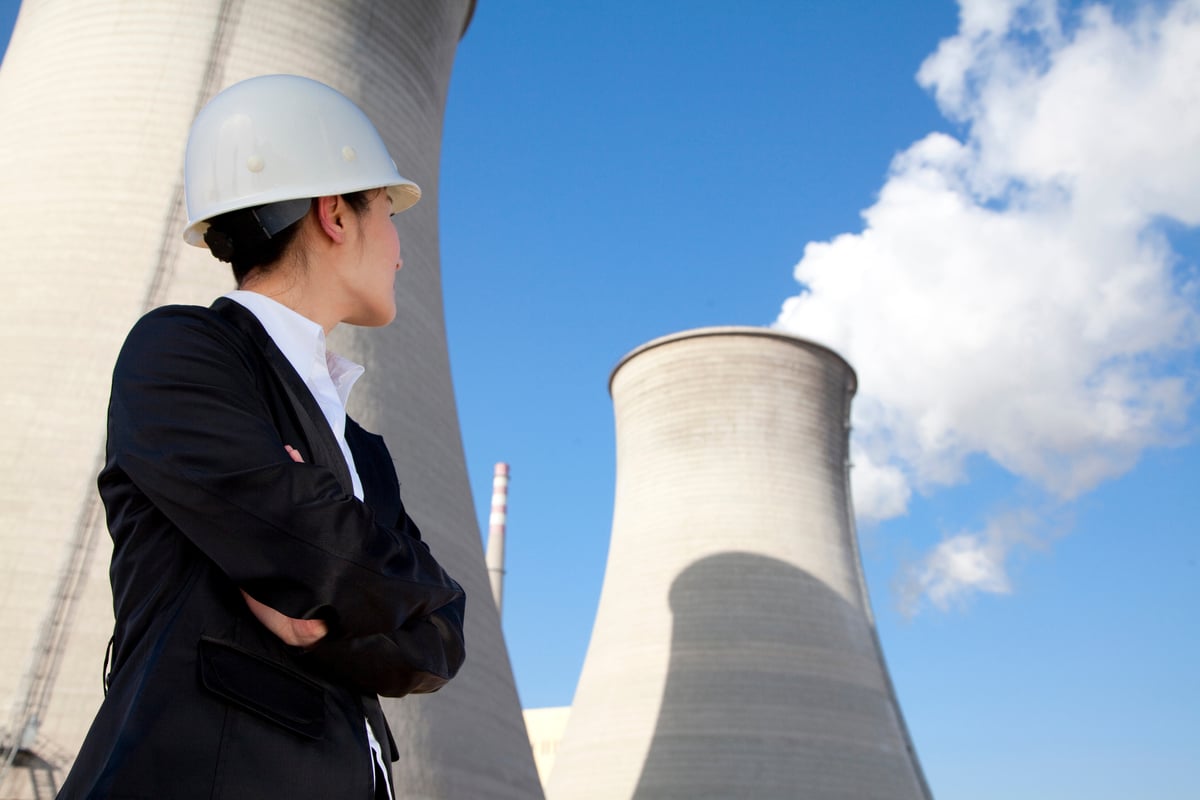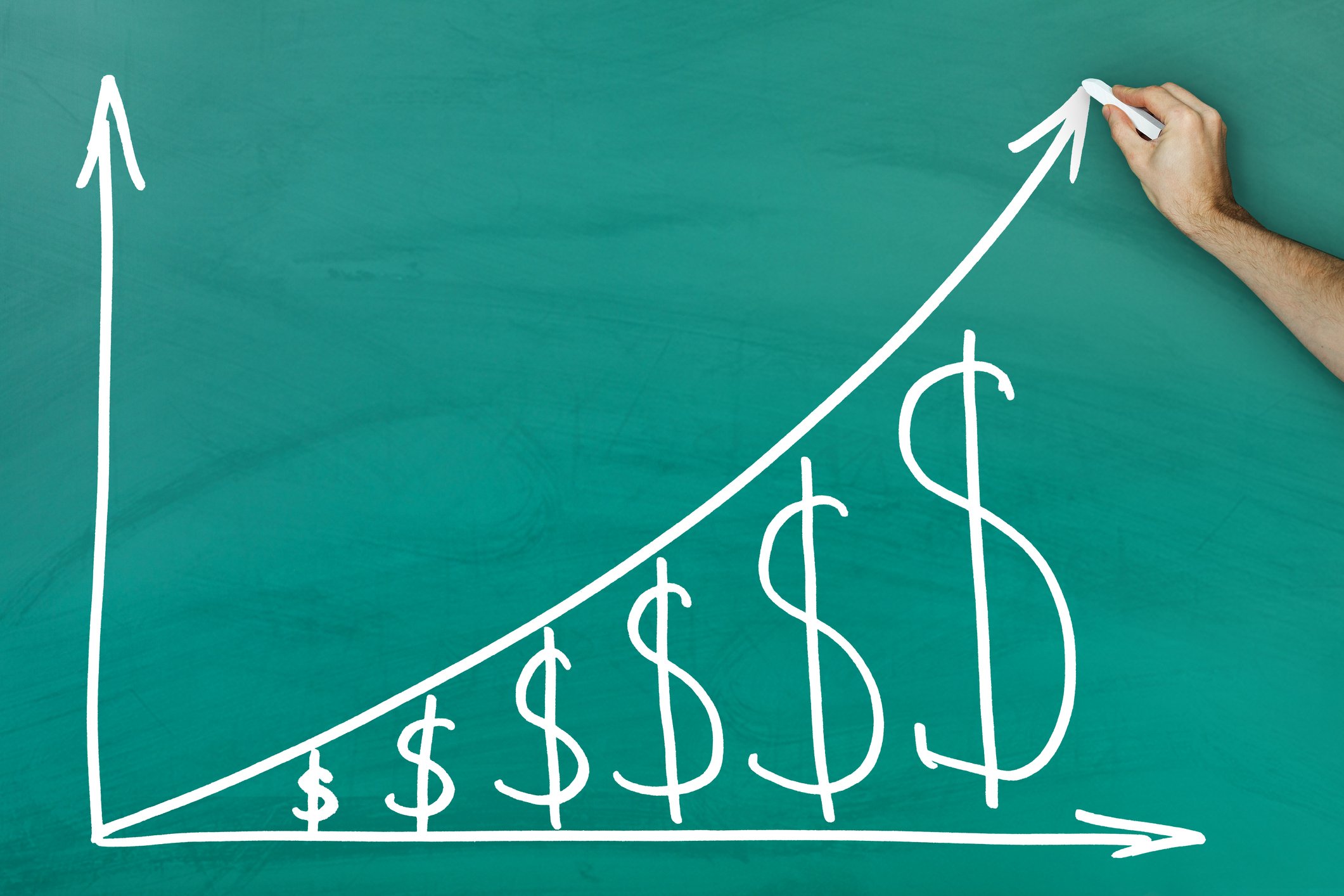Oil major Royal Dutch Shell (RDS.A +0.00%) (RDS.B +0.00%) reported fourth-quarter and full-year 2019 earnings on Jan. 30, and despite CEO Ben van Beurden's focus on "good cash flow," most of the report was decidedly gloomy. Shares opened about 3% lower as investors digested the bad news.
In past quarters, Shell managed to outperform despite challenging environments thanks to the strength of its gas business as oil prices were falling, or a lucky lack of North American refining capacity when margins there were weak. But in Q4, things were tough across the industry, and there was nowhere for Shell to hide.
Here's what investors need to know.

Low oil and gas prices handed Royal Dutch Shell a rare quarter of underperformance. Image source: Getty Images.
By the numbers
Q4's numbers were particularly dismal when compared to prior quarters, especially net income and earnings:
| Metric | Q4 2019 | Q3 2019 | Q4 2018 | % Change (YOY) |
|---|---|---|---|---|
| Revenue | $84.0 billion | $86.6 billion | $102.2 billion | (17.8%) |
| Net Income | $965 million | $5.9 billion | $5.6 billion | (82.8%) |
| Earnings per Share | $0.12 | $0.73 | $0.68 | (82.4%) |
| Cash from Operations | $10.3 billion | $12.3 billion | $22.0 billion | (53.2%) |
Data source: Royal Dutch Shell. YOY = year over year.
Shell's troubles came from across the company. Net income in all of its segments was sharply lower than it was a year ago:

Shell's Q4 2019 performance (green bar) was sharply lower across its three business segments. Data source: Royal Dutch Shell. Chart by author.
Things were only slightly better for the year as a whole. 2019 revenue was "only" down 11.2% from 2018, while net income and cash from operations dropped 32.2% and 20.5% year over year, respectively.
Some of the poor performance was due to impairments, high depreciation of new assets, and tax charges the company took during the quarter. Asset sales over the course of the year also had an impact on production. But the primary culprit, according to CFO Jessica Uhl, was lower prices and margins across the board, including realized oil and gas prices, petrochemical prices, and refining margins. Those prices were indeed much lower than they were a year ago, but not by quite as much as the company's poor performance would suggest:
| Product | Q4 2019 | Q3 2019 | Q4 2018 | % Change (YOY) |
|---|---|---|---|---|
| Global realized liquids prices per barrel |
$56.60
|
$55.99
|
$59.89
| (5.5%) |
| Global realized gas prices per thousand cubic feet |
$4.42
|
$4.19
|
$5.75
| (23.1%) |
Data source: Royal Dutch Shell. YOY = year over year.
News from the quarter:
- Production volume was essentially flat year over year, at 3.76 million barrels of oil equivalent per day (BOE/d), compared to 3.79 million BOE/d in Q4 2018. First-quarter volumes are expected to come in between 3.58 million BOE/d and 3.76 million BOE/d.
- Shell made final investment decisions on two projects: the Malikai Phase 2 of its deepwater development in Malaysia, and the Barracuda tieback for Atlantic LNG in Trinidad and Tobago.
- The company completed its divestiture of non-operated assets in the U.S. Haynesville Shale, as well as the Foothills asset in Canada. It also reduced its interest in the Nyhamna field in Norway.
- In November, deepwater oil and gas production began at the P-68 FPSO site in Brazil, in which Shell has a 25% interest. According to Shell, the operation will be able to process up to 150,000 barrels of oil and 6 million cubic meters of natural gas per day.
- In December, Shell announced a "significant" gas and condensate discovery at the Bratwurst-1 well in the Browse Basin off the coast of Australia.
- The company is continuing to ramp up production from its new Appomattox play in the Gulf of Mexico. Appomattox is currently producing about 75,000 barrels of oil equivalent per day (BOE/d) from four wells. Another 14 wells are in progress at the site.
- Shell acquired Australian energy retailer ERM Power and U.K.-based Hudson Energy. With the purchases, the company's Shell Energy division is now providing 100% renewable electricity to more than 900,000 households.
- Shell's joint wind venture Mayflower Wind Energy was awarded a contract to supply 804 MW of renewable power to the State of Massachusetts.
- After considering how to balance the challenging economic environment and the desire to reduce debt with the share buyback program, Shell has authorized another tranche of share buybacks in the amount of $1 billion.
What management had to say
In a statement, van Beurden tried to put a positive spin on the quarter by arguing that the company was performing well in a difficult environment:
The strength of Shell's strategy and portfolio has enabled delivery of competitive cash flow performance in 2019 despite challenging macroeconomic conditions in refining and chemicals, as well as lower oil and gas prices. We generated $47 billion in cash flow from operating activities excluding working capital movements and distributed over $25 billion in dividends and share buybacks to our shareholders.
We remain committed to prudent capital discipline supported by world-class project delivery and are looking to further strengthen our balance sheet while we continue with share buybacks. Our intention to complete the $25 billion share buyback programme is unchanged, but the pace remains subject to macro conditions and further debt reduction.
Short term vs. long term
In the short term, this quarter's performance looks very bad for Shell and its investors. Oil prices have nosedived in 2020 as a result of global oversupply. If Shell performed this badly at Q4's prices, what will happen in Q1, when average prices are shaping up to be even lower?
On the plus side, the fallout from the earnings report has pushed Shell's dividend yield above 6.9%, which makes it very attractive for dividend investors. The company generated more than enough free cash flow to cover its dividend and maintained its quarterly payout. Over the long term, Shell still looks like a buy.





